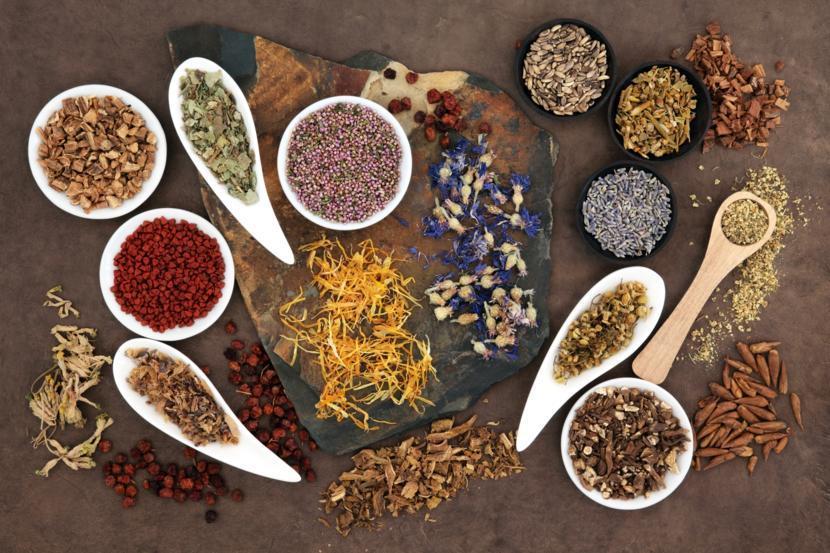Overconsumption of White Rice Can Lead to Diabetes

According to a new study, eating white rice regularly may increase the risk of developing type 2 diabetes. In this study, the researchers analyzed data presented in four studies – two from Asian countries, China and Japan, and two from western countries, U.S and Australia.
The results of the study, published in the journal, BMJ, showed that people who had more servings of white rice per day increased their risk for developing type 2 diabetes. Each serving of white rice was associated with a 10% increase in the risk of this type of diabetes.
Although the study has shown a link between an increased risk of diabetes and consumption of white rice, it does not explain how the two are connected. According to researcher Qi Sun, MD, an instructor in medicine at the Harvard School of Public Health, in Boston, “this may be due to the sudden increase in the blood sugar levels, as white rice has a very high glycemic index”. Sun says that “white rice is very low in fiber content, which might add on to the risk...This increase in risk is applicable to other starchy carbohydrates, like white bread, white pasta, and white potatoes”, he adds.
Spyros Mezitis, MD, an endocrinologist at Lenox Hill Hospital, in New York City, also agrees with the fact that all starchy foods increase the risk for diabetes if an individual constantly consumes it. He says that “people who are at risk of developing diabetes should reduce the amount of calories, lose excess weight, and substitute white carbohydrates with whole grain foods”.
Tracy Breen, MD, director of diabetes care for North Shore-LIJ Health System in Great Neck, feels “what and how much you eat may not be the only factors in developing the disease...Genes also matter, while considering the risks for this disease. Since genes cannot be changed, it is better to think about how food plays into the culture”, she adds. According to Connie Diekman, RD, director of the university nutrition at Washington University, in St. Louis, “the observational nature of the study is the major drawback to present a cause and affect relationship”. In her opinion, “controlled studies are required to prove that the risk of the disease increases by the intake of white rice”.












